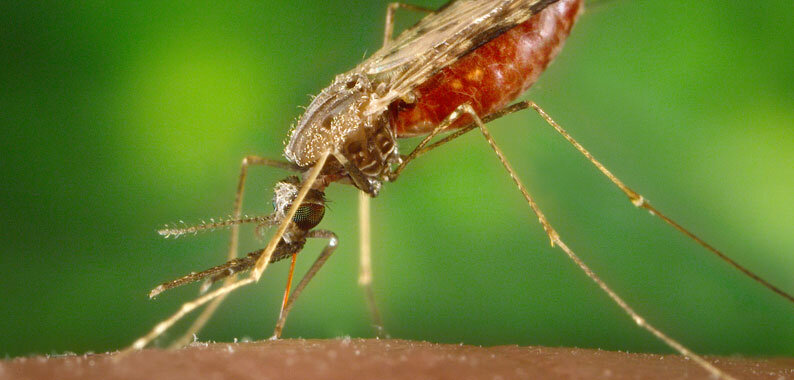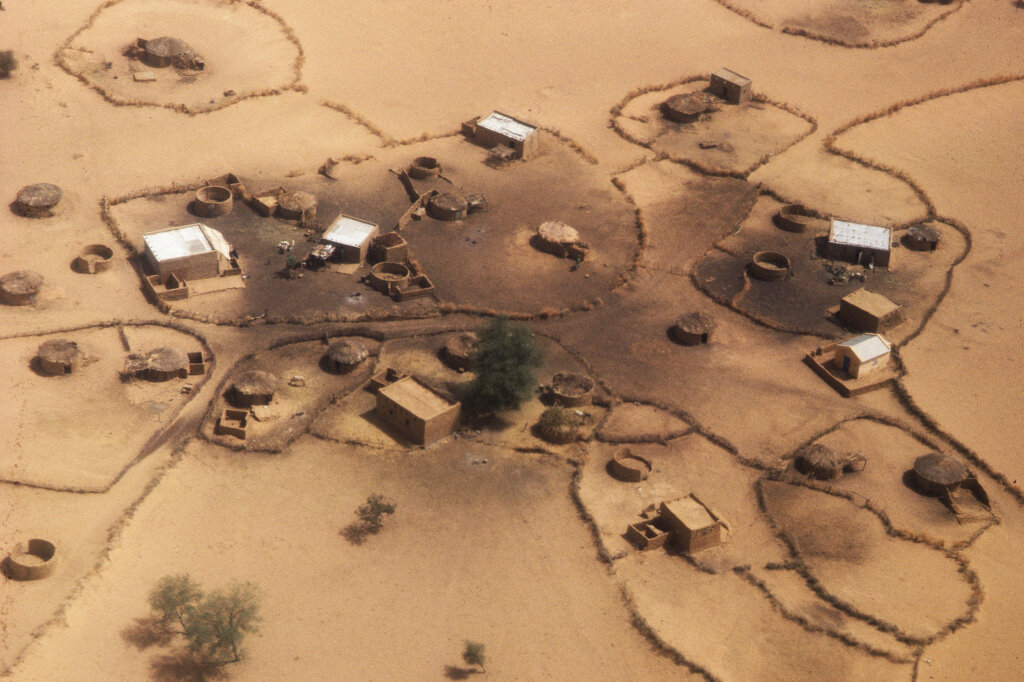Editorial

What is ‘Global Health’?
“I’m interested in global health.” Those of us who interact with like-minded individuals, hear this often. But what does this really mean?

Dean’s Leadership Series: Reflections on Climate Change and Urban Health
The final instalment in the Dean’s Leadership Series, organized by the University of Toronto’s Dalla Lana School of Public Health (DLSPH), focused on the topic of maximizing urban health and minimizing climate change…

A Generation Condemned: The Health Implications of Brazil’s PEC 55 Reforms
It has become cliché to say that 2016 was a bad year. As far as countries go, however, one of the hardest hit by 2016 has to have been Brazil.

Flowing in Circles: Mercury Cleanup in Grassy Narrows
Between 1962 and 1970, a Dryden pulp and paper mill dumped nearly 10 tonnes of mercury into the English-Wabigoon River system, which runs through the Asubpeeschoseewagong Netum Anishinabek (Grassy Narrows) First Nation and the Wabaseemoong (White Dog) Independent Nation…

Mental Health Impacts of Violence Against Women
Sexual violence and domestic abuse is both mental and physical. Studies evaluating the link between violence against women and depression have demonstrated that women who have experienced violence were associated with much higher rates of depression…

A Silent Death Penalty? Tuberculosis in Southeast Asian Prisons
Considering the already unequal distribution of health resources globally, it is perhaps unsurprising that criminals are not a high-priority target population for high-quality healthcare delivery. But imagine a young prisoner, charged with a crime as minor as petty theft, contracting and dying of tuberculosis in an overcrowded prison…

Climate Change: New Extremes
As climate change progresses, we should expect more frequent, severe, and prolonged extreme heat events than would otherwise occur. There are numerous aspects of climate change that are associated with human health effects…

Interview: Will the Canadian government guarantee its citizens the right to a healthy environment?
Juxtaposition sits down with Peter Wood, the BC-based Environmental Rights Campaign Manager for the David Suzuki Foundation, to discuss the BlueDot movement. BlueDot aims to push the Canadian government to recognize the right to a healthy environment for every Canadian.

Surgical Strikes On Surgical Wards: The Systematic Destruction of the Syrian Health System
It was unclear whether the jets had Russian or Syrian pilots, but their target was entirely unambiguous. On June 8th of this year, Al-Bayan hospital in Northern Aleppo was struck in a series of air-strikes conducted by government and allied forces…

Tackling Drug-Resistant Tuberculosis in Conflict-ridden Donbass, Ukraine
Tuberculosis (TB), an airborne infectious disease caused by Mycobacterium tuberculosis (M. tuberculosis), has plagued mankind for centuries. Although TB is no longer an immediate threat to the developed world, it disproportionately affects low-income countries and regions of conflict because its root causes stem from social inequity…

Lead Poisoning: A Review
The crisis in Flint, Michigan, has brought lead poisoning to the forefront of North American public health discourse. However, as one of the oldest hazards known to public health, lead has been studied extensively, and numerous policies have been implemented to reduce exposure to lead…

The Treatment of Refugees in Canada: Recognizing International Human Rights
Canadians have expressed a revitalized interest in the plight of refugees in recent weeks, precipitated in September 2015 by tragic photos circulated on social media depicting the Kurdi family’s attempted escape from Syria…

Controlling Malaria with Genetic Engineering: Is The World Ready?
Which animal is statistically most likely to kill you? While your mind may have conjured images of snarling lions, grizzly bears, or venomous snakes, any public health researcher would tell you unequivocally that the deadliest animal in the world is the mosquito…

Poverty and the Environment: Beyond Flint
Children, who are the most vulnerable to lead poisoning, have been some of the hardest-hit victims of the contamination of the Flint, Michigan water supply. The crisis began when the city began sourcing its water from the Flint River in May of 2014…

Dying Early Behind Bars: Nothing “Natural” About Deaths in Canadian Prisons
As an institution near-explicitly dedicated to disempowerment and deprivation, the prison system is as pure an antithesis to a healthy setting as possible. Yet – and it should go without saying – the institution responsible for incarceration and rehabilitation also has a responsibility to provide care to, and respect the human rights of inmates…

When Two Elephants Fight: Climate Change and Militant Groups Across Africa
As continued effects of degradation of the environment reach across many aspects of health and development, the impacts of climate change on human health are still being understood. While climate change is a global phenomenon mostly perpetuated by rich nations, it is usually the poorer nations who bear the brunt of the burdens…

Student Leaders’ Letter on Divestment from Fossil Fuels
On January 21, UofT350 released an open letter to University of Toronto President Meric Gertler calling for fossil fuel divestment. This was signed by multiple student groups, including Juxtaposition.

Deconstructing the “Tropical” in Neglected Diseases
The WHO-approved term “Neglected Tropical Diseases,” is ubiquitous in the global health world, often shortened to its requisite public health abbreviation “NTDs”…

The Trans-Pacific Partnership: Implications for Canadian Public Health
On October 5, 2015, twelve Pacific Rim countries, representing almost 40 percent of the global GDP, reached an agreement on the highly controversial Trans-Pacific Partnership (TPP). Although proponents predict that the TPP will lead to economic growth in its member countries through the increased economic integration of markets in the Asia-Pacific region…

Banning “Bad” Blood: Reconsidering Blood Donation Policies
On November 4, France changed its blood donation policies by lifting the lifetime ban that prevented men who have sex with men (MSM) from donating blood. In 2016, MSM will be able to donate blood and plasma if they have not engaged in sexual activity with another man for 12 months and 4 months respectively…
